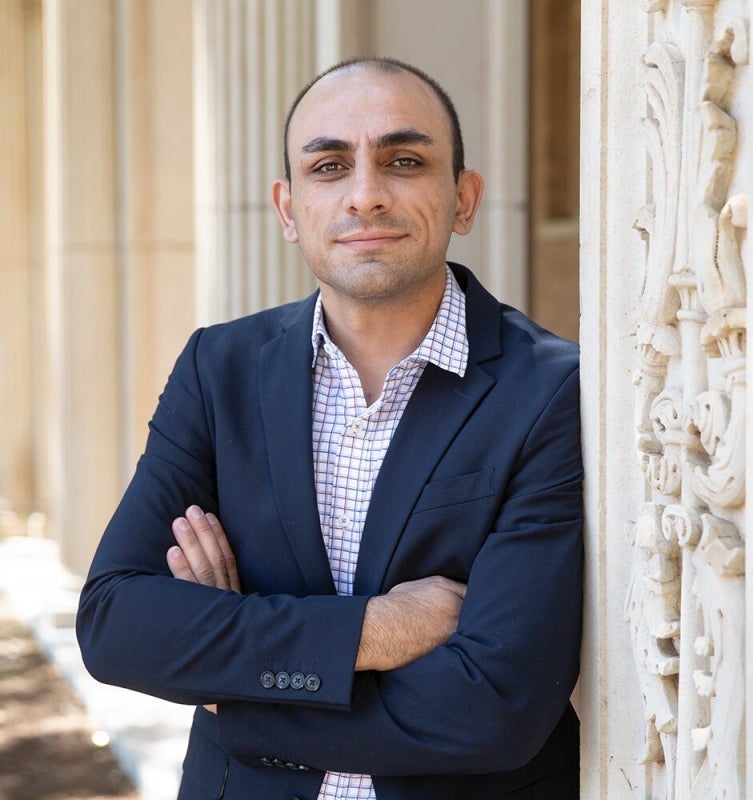To decarbonize energy and water and meet net-zero emissions by 2050, the industry should undergo a paradigm shift and follow four pillars of industrial decarbonization: improving energy efficiency, electrification, utilizing carbon-neutral/negative liquid fuels (CNLFs), and carbon capture and sequestration. Even with the successful implementation of these four pillars, there exists a major threat to realization of decarbonised chemical industry; there has been an infusion of $200 billion in capital investment due to recent advances in natural gas processing and technology in the past two decades. Most of these investments rely on the most energy-efficient technologies that can operate for the next 30-50 years. This suggests that not only do we have to make energy and desalination processes more energy efficient, but also the capital cost should become cheaper to pursuade stakeholders considering the replacement of sunk capital, which makes industrial decarbonization even more challenging. In this talk, two examples that highlight the importance of advanced separations to meet the decarbonization goals and reducing the capital costs will be presented. In the first part, producing green ammonia at milder conditions by deploying advanced reactions and separations will be discussed. In the second part, the efforts in designing advanced functional membranes to desalinate hypersaline brine will be presented.

Mahdi Malmali is an assistant professor of Chemical Engineering at Texas Tech University. He received his M.S. in Chemical Engineering from the Sharif University of Technology (2010) and his Ph.D. in Chemical Engineering from the University of Arkansas (2014). After graduation, Dr. Malmali joined the Chemical Engineering and Materials Science department at the University of Minnesota as a postdoctoral research associate, where he pioneered the design and demonstration of low-pressure green ammonia manufacturing via reaction-absorption process (2015-2017). He then joined Texas Tech University in 2018 as an assistant professor. His research is focused on designing better separation processes to deal with the challenges and opportunities of the water-energy-food nexus. In particular, he is interested in advanced separations for sustainability, membranes and membrane-based separation processes, and energy storage.

